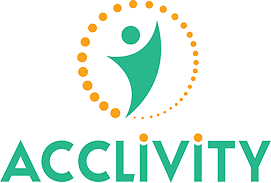There is a direct relationship between learning new skills and the potential for advancement in higher education. When you open yourself up to learning new information and skills, you may also learn how you could fit into a job in higher education.
Reasons for you to Learn New Skills
There are many reasons you might need to learn new skills including to advance in a job, to use new technology, or simply to learn new things. New skills can also lead to career advancement.
Many things happen when you are on the road to learning something new. These include:
• Keeping dementia away. You may not think of this when you are a young person still in their early career path but taking formal courses in perhaps a new language helps you lower your risk of dementia by keeping the pathways in your brain fresh
• Becoming a more exciting person. By learning new things you can deepen the relationship and have more interesting conversations. You also help alleviate any boredom from which you might be suffering
• Connecting skill areas. If you are already a physics person studying the chemistry of physics will allow you to connect what you know with new topics
• Learning more quickly. By learning new things and changing your brain chemistry you will, over time, learn new things more quickly
• Adapting to changes. Let’s say you are interested in moving to a different career, for example teaching in higher education when you have been in finance, tech, or behavioral services. Learning new material will help that change become a more permanent skill
So now that you understand the things that might change before moving to a new career we can look at ways to adapt this new knowledge and help you make a successful move to higher education.
Expert Advice to get into and achieve career advancement in higher education
• Do your research on where the best fit would be for you
• Look at various situations to see where you feel the most comfortable. Community College, 4-year University, undergraduate or graduate
• Research which departments, subjects, and styles would work best for you
• Watch for political issues where you might teach. This is a very hot topic now and one that needs to be very carefully and thoroughly considered
• Work hard to understand your department’s leadership, faculty, and students
If learning new skills and applying them to teach in a program academics interest you, you should consider working with a career consultant who understands your concerns. Dr. Loren Hill can help you overcome key issues in your pursuit and support you through this important transition. She can be reached at https://theacclivity.com/. Your efforts will be rewarded with her professional counsel to help you with career advancement in higher education.

